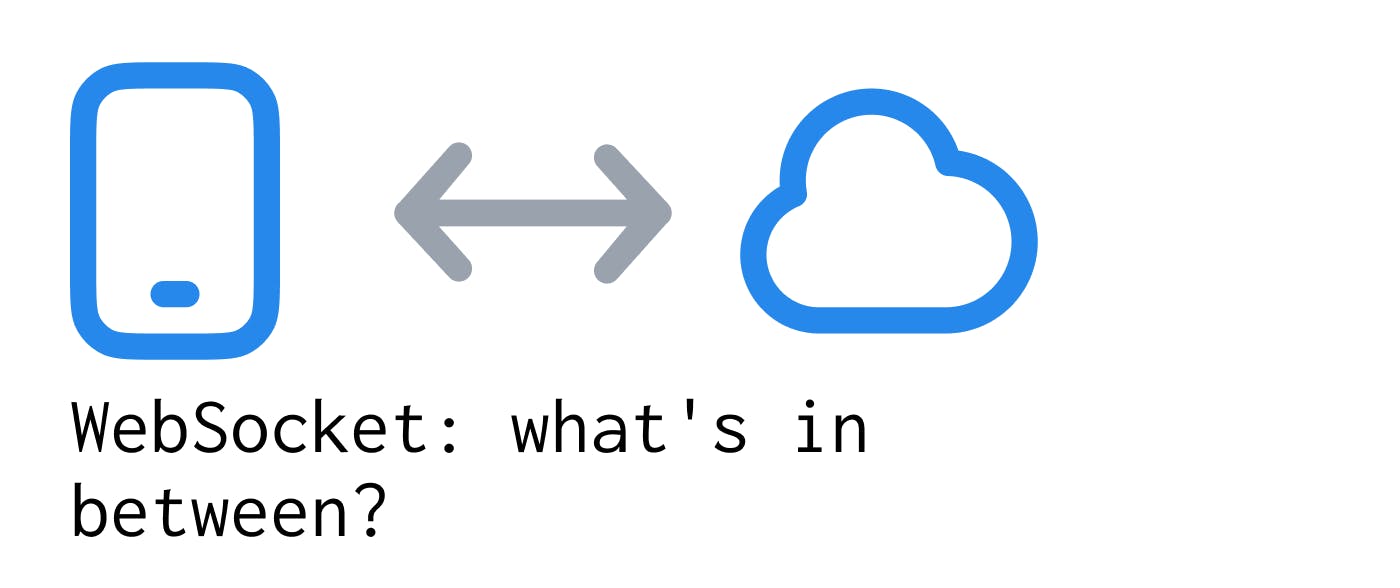
"Numerous tools exist for testing the WebSocket protocol itself. Postman, for example, can act as a dedicated client for this purpose."
"Testing network-dependent features on client applications - especially mobile ones - requires the use of traffic sniffers like Charles, Fiddler, or Proxyman."
"When testing applications, it is essential to be able to work with WebSockets in the same way as with standard requests - by intercepting, modifying, and sending custom messages."
"The situation becomes significantly more complex when it comes to testing WebSocket connections on these same clients, including web applications."
WebSockets function as a critical transport protocol akin to HTTP, necessitating their interception and modification during application testing. Despite some tools available for intercepting standard requests, like Charles and Fiddler, they often lack robust support for WebSocket connections, limiting the ability to modify live messages. Engaging in client-side testing calls for either backend tools enabling custom message injection or alternative methods when such tools are absent. This complexity directly impacts testing functionalities, particularly in mobile applications, where verifying client behavior under varied messaging scenarios is crucial.
Read at Hackernoon
Unable to calculate read time
Collection
[
|
...
]